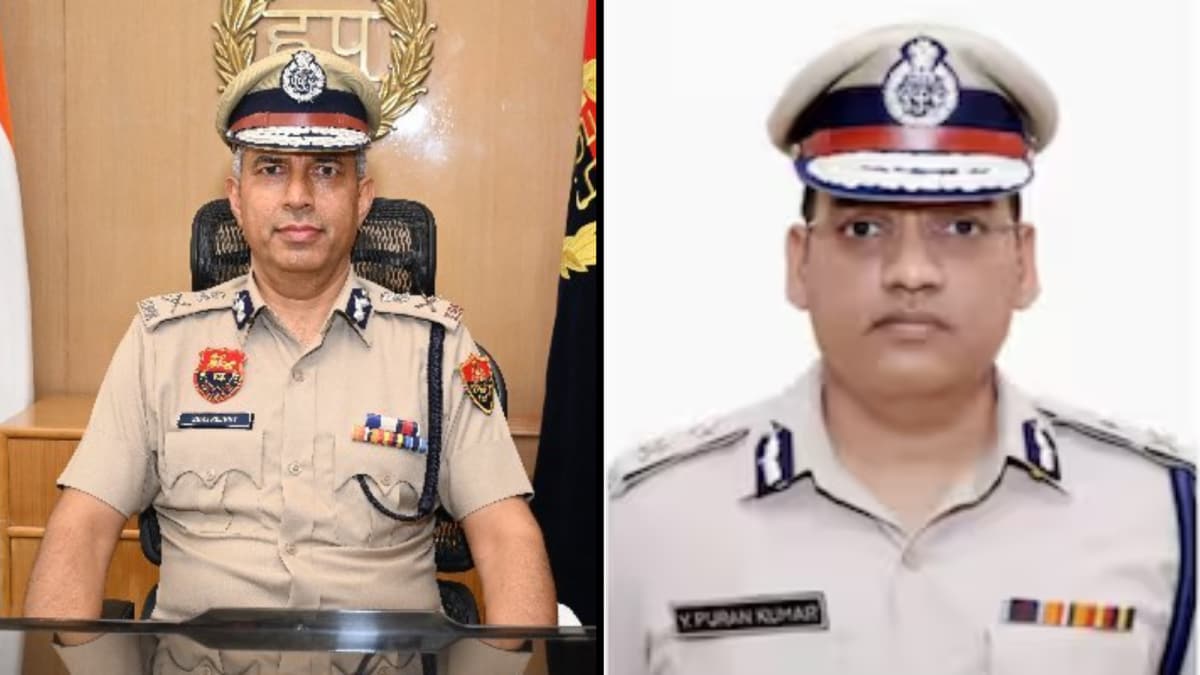The Principal Bench of the National Green Tribunal (NGT) in New Delhi directed the Central Pollution Control Board (CPCB) to file a detailed report with primary data on the water quality monitoring of the West Bengal segment of the Ganga river.
The matter heard on October 8 by NGT chairperson Justice Prakash Shrivastava and expert member Dr A. Senthil Vel is related to the monitoring and restoration of the Ganga river, specifically in the context of bacteriological pollution in the river’s West Bengal segment.
In its order, the NGT directed the CPCB to disclose, within four weeks, the detailed primary data obtained from samples taken on parameters like E. coli, faecal streptococci, faecal coliform, and total coliform. These bacteriological indicators are often used by scientists to assess water quality especially in the context of contamination from faecal matter.

According to the order, the West Bengal government requested six more weeks for the submission of its detailed report.
This development assumes significance in light of concerns flagged by environmentalists on the pollution and the deterioration of water quality of the river Ganga particularly in West Bengal.
“The West Bengal stretch of the Ganga is the river’s end stretch. That factored with industrial pollutants, lack of dredging of the river, and the passage of untreated drainage and sewage water has severely deteriorated the water quality of the Ganga here,” Mr Dutta told The Hindu.
He said Kolkata and Howrah are some of the largest polluters of the river in the State.
“Many of the sewage treatment plants in the State are non-operational or defunct. The ports also add to the issue, as dredging is only conducted to clear water passage for ship movement, and after dredging, the mud and other materials are dumped back into the river. Immersion of idols adds more fuel to the fire,” Mr Dutta added.
According to the CPCB report submitted to the NGT on October 6, out of 42 sewage treatment plants (STP) located on 30 Ganga front towns in West Bengal, 11 were found non-operational by the Board and 24 were found non-complying with respect to norms prescribed by the NGT.
“However, w.r.t. treated sewage discharge norms notified by Ministry of Environment Forests & Climate Change (MoEF & CC) dated 13.10.2017, 17 STPs were found complying and 14 STPs were found non-complying,” the report further states.
The next hearing on this matter has been scheduled on November 28.
.png)
 5 hours ago
10
5 hours ago
10







 English (US) ·
English (US) ·